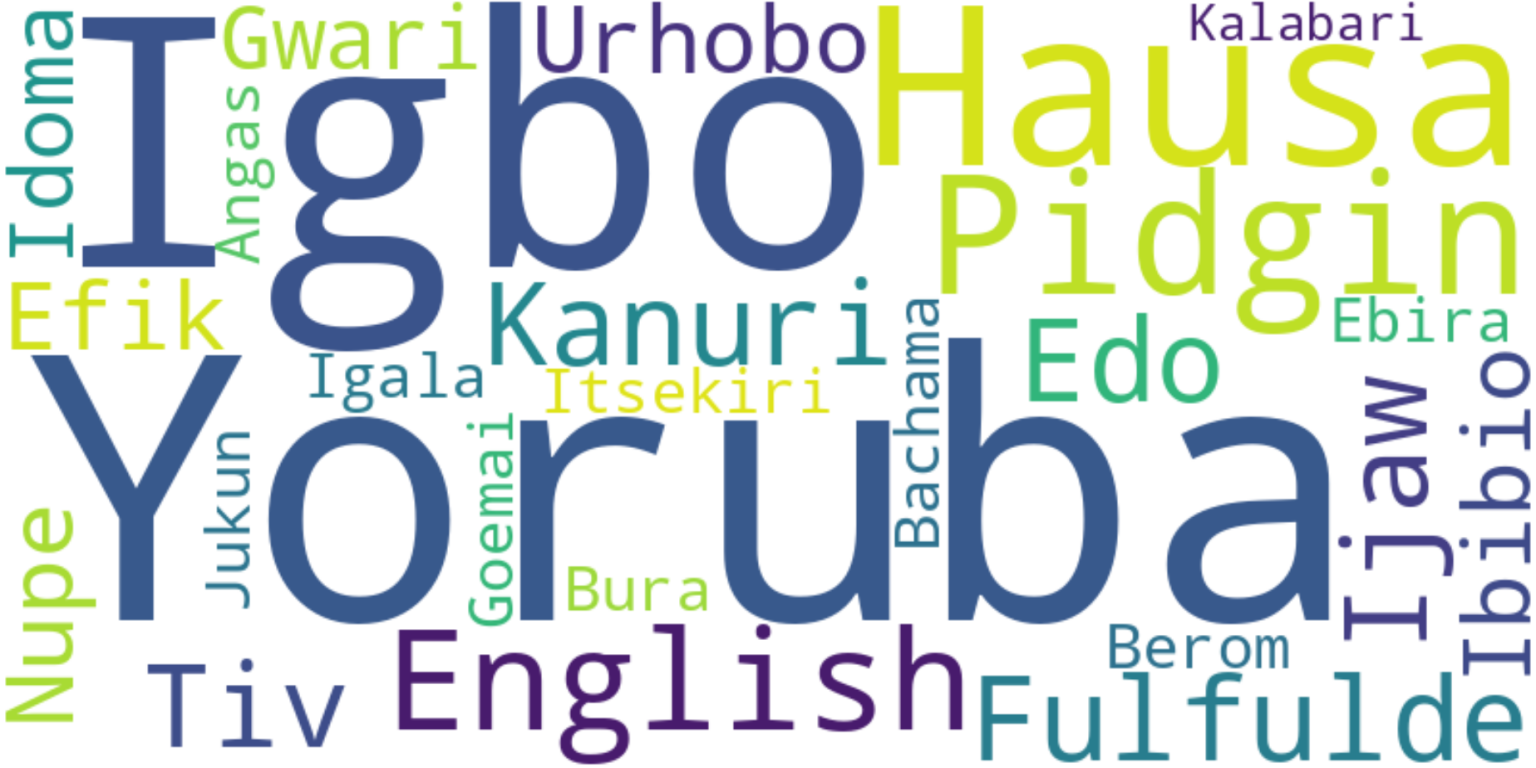In a major cultural shift, no fewer than 25 Nigerian languages are now enjoying growing global recognition—thanks to the meteoric rise of Afrobeats, Nollywood, digital media, and a widespread Nigerian diaspora. From classrooms in Harvard to dance floors in Havana, Nigerian languages are traveling the world and gaining new speakers, researchers, and relevance.
Soft Power in Action
Languages once considered local—like Yoruba, Igbo, and Hausa—are now at the heart of global pop culture, with Pidgin English slang like “Wahala”, “Omo”, and “Japa” has become a regular feature in music, comedy, and even advertising abroad. Most of these words are also finding their way into the Oxford Dictionary.
Top 25 Nigerian Languages Gaining Global Recognition
- Yoruba – Dominant in southwest Nigeria; widely spoken across the diaspora in the U.S., U.K., Cuba, Togo, and Brazil.
- Igbo – Southeastern Nigeria; prominent in global literature and diaspora culture.
- Hausa – Widely used across West Africa and featured in international news broadcasts (e.g., BBC Hausa). Many Hausa people are Muslim.
- Nigerian Pidgin English – Lingua franca of urban Nigeria; now used in Afrobeats, film, and online content.
- Fulfulde (Fulani) – Spoken by nomadic Fulani people; widespread across the Sahel region.
- Kanuri – Found in northeastern Nigeria and across parts of Chad and Niger.
- Tiv – The Tiv people are part of an ethnic group in Benue State and parts of Nasarawa, Taraba, Plateau, and Cross River States. Tiv plays a vital role in the cultural and linguistic landscape of Nigeria’s Middle Belt.
- Edo (Bini) – Linked to the Benin Kingdom, known for its heritage and ritual language.
- Ijaw (Izon) – Predominant in the Niger Delta; part of oil politics and environmental advocacy.
- Urhobo – Native to Delta State; known through migration and political visibility.
- Efik – Cross River region; popularized through early missionary texts and cultural preservation.
- Ibibio – Related to Efik; spoken in Akwa Ibom and abroad in diaspora enclaves.
- Nupe – Found in Niger and Kwara States; part of Islamic scholarship heritage.
- Gwari (Gbagyi) – Native to the Abuja region and parts of central Nigeria.
- Idoma – From Benue State; known through local media and migration.
- Igala – Kogi-based; straddles northern and southeastern cultural influences.
- Itsekiri – Delta State; royal lineage and language preservation efforts have spotlighted it.
- Ebira – Found in Kogi and parts of Nasarawa; increasingly present in Nollywood.
- Bachama – Adamawa-based; studied in linguistic circles and oral literature.
- Bura (Babur) – Northeastern language with deep cultural history.
- Jukun – Spoken in Taraba and parts of Benue; historically significant.
- Angas (Ngas) – Plateau State language, gaining traction in cultural documentation.
- Goemai – Plateau-based, with increasing academic interest.
- Berom – Indigenous to Jos; featured in cultural and political discourse.
- Kalabari – Rivers State; a key dialect of the Ijaw language cluster.
Read Also: Niger Republic dumps French, adopts Hausa as new national language
Music, Movies, and Migration
Afrobeats stars like Burna Boy, Wizkid, and Davido have taken Yoruba and Pidgin global. Meanwhile, Nollywood films, often subtitled or dubbed, continue to export Igbo, Hausa, and other dialects across Africa and beyond.
Educational institutions like SOAS (London), UCLA, and Harvard now offer courses in Yoruba, Hausa, and Igbo, reflecting academic demand driven by cultural impact and African studies growth.
Call for Preservation at Home
Despite global acclaim, many of these languages face challenges within Nigeria itself due to urbanization and English dominance. Experts are urging the government to enforce indigenous language instruction in schools and develop digital learning tools to safeguard them. “Our languages are not just tools of communication—they’re vessels of our identity, worldview, and future,” said Dr. Adeola, a language activist.
As Nigeria marks its position on the global stage, it must also protect the voices that carried its stories, songs, and spirit across the world.



